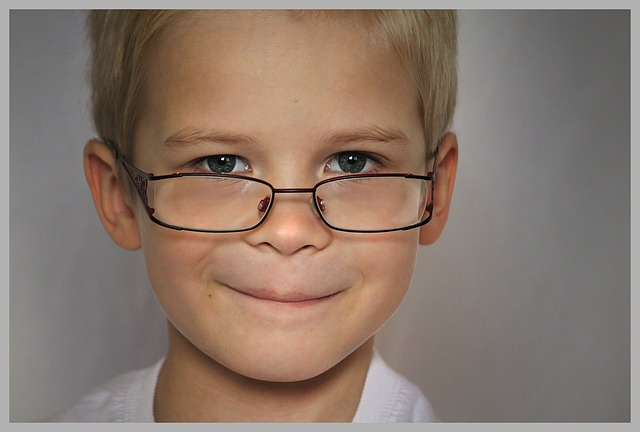Nearsightedness: Firstborn children are more prone to develop nearsightedness

Several studies in the past have shown that firstborn children tend to succeed more in life or are smarter than their younger siblings. However, a new study now points that it's not all good news for them.
The study, which appears in the Journal of the American Medical Association (JAMA) Ophthalmology, found that firstborn children are also more likely to have nearsightedness or myopia.
For the study that was published last Thursday, lead author Jeremy Guggenheim and colleagues from Cardiff University looked at almost 90,000 40- to 69-year-old individuals who are part of the British Biobank study.
They found that firstborn kids have 10 percent chances of developing the eye condition and 20 percent are more likely to exhibit severe nearsightedness.
According to the study authors, the nearsightedness in those children may be associated with their education.
Parents tend to invest more on the education of their firstborn and as a result, their child would stay in school longer.
In addition, those kids are given more access to books and educational toys, and for the newer generation — smart gadgets — which all can eventually strain the eyes.
These activities, along with genetics, play a role in the development of nearsightedness.
Guggenheim told TIME that those people who spend more time schooling end up spending less time being on the outdoors and are more likely to devote their time reading books as a child.
Previous studies suggest that firstborn children tend to succeed and do better in school because parents push them to do their best when it comes to education, authors explained.
For this reason, some researchers have suggested that the association between birth order and the probability of experiencing myopia may come from educational attainment.
The findings from the latest study only provided added "evidence linking education and myopia, consistent with the very high prevalence of myopia in countries with intensive education from an early age," Guggenheim said, according to Live Science.











